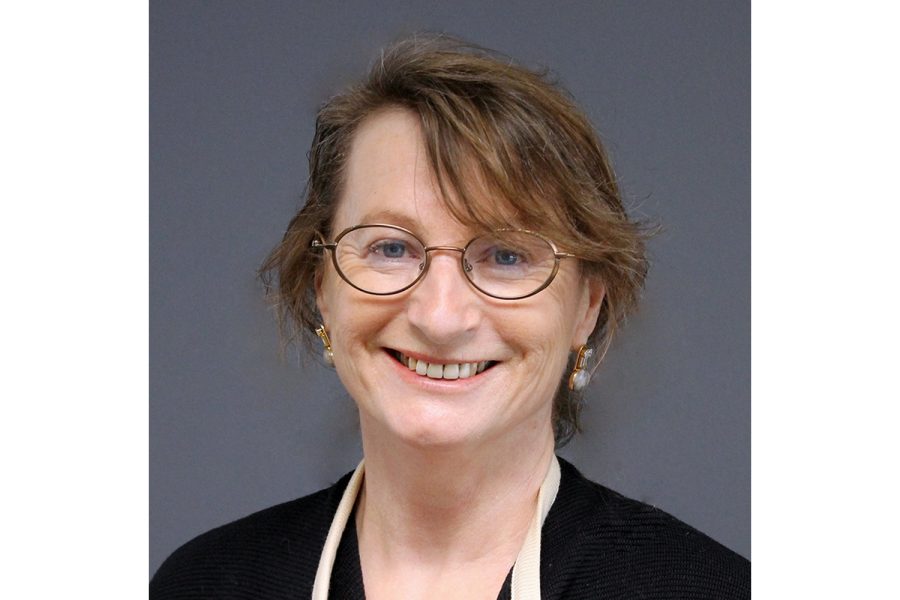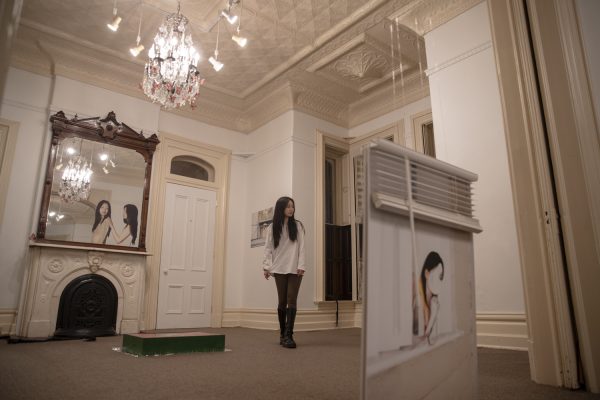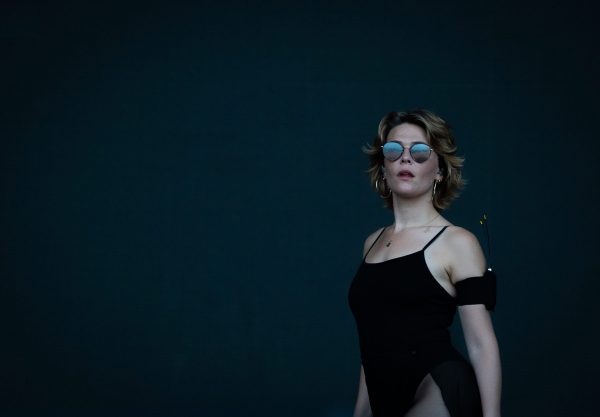Review | UI German professor translates and updates classic work ‘Die Vogelmacherin’
UI German professor Waltraud Maierhofer and colleague Jennifer Vanderbeek translated Eveline Hasler’s “Die Vogelmacherin” into English as “The Child Witches of Lucerne and Buchau.” The book is a work of historical fiction exploring violence against children such as neglect and abuse, as well as the role of sexuality during the witchcraft prosecutions in Germany.
January 22, 2023
Witch trials existed long before Salem, Massachusetts. Waltraud Maierhofer, a University of Iowa professor of German, teaches the course Witch Hunts in Fact and Fiction, which explores European witch hunts.
She has recently gone a step further as an educator and translated a key historical text, “The Child Witches of Lucerne and Buchau,” into English to share with the English-speaking world.
Translation is a cumulative artform because translators often not only simply translate a work but build upon the initial texts. This is the case with Maierhofer, who revitalized the Swiss and German work “Die Vogelmacherin” by Eveline Hasler and republished the English translation. Maierhofer’s in-depth introduction and heart-felt annotations revive the relevance of Hasler’s writing.
Published by Lehigh University Press and The Rowman and Littlefield Publishing Group, Inc., the book spans 181 pages and includes several beautiful black-and-white illustrations. Jennifer Vanderbeek, a freelance translator, worked on the book with Maierhofer.
Hasler’s novel details three children who were prosecuted for witchcraft in seventeenth-century Europe. This book carefully balances both fiction and history. Hasler relies on history for the backbone of the novel, using trial records and other archival sources.
Translations are rarely directly taken word-for-word from the original text. because differences in language as well as differences in writers.
RELATED: Ask the Author | Jean Thompson
While the original text explores political and religious violence, Maierhofer goes further and includes essential context for the novel. The introduction and annotations done by Maierhofer and Vanderbeek provides history buffs and witch enthusiasts alike the chance to better understand the role that witch hunts have played in society overtime.
Some witch hunts still exist in the modern era, although they are not often referred to as such. Maierhofer’s “The Child Witches of Lucerne and Buchau” provides an opportunity for the English-speaking world to examine what has changed.














